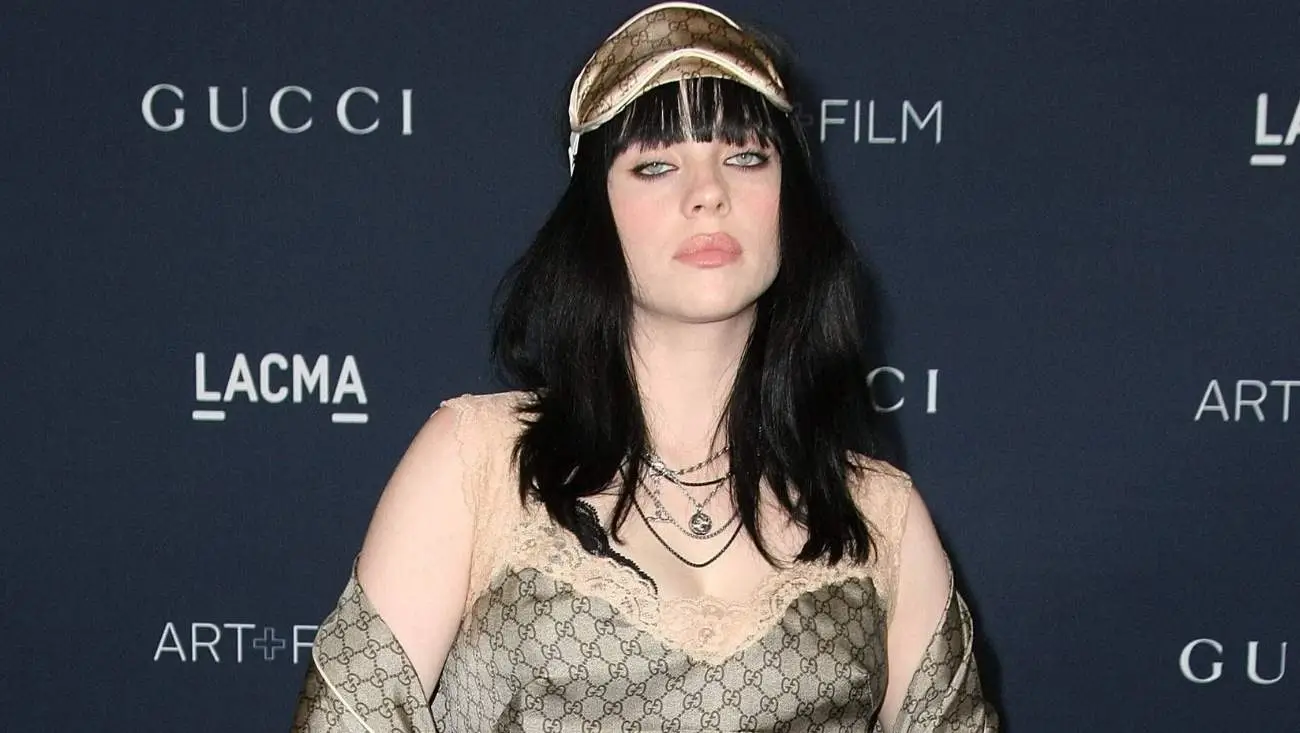Billie Eilish AI fakes purporting to show the singer at the 2025 Met Gala have been strongly debunked by Eilish herself, who confirmed she did not attend the event. This incident highlights the growing sophistication and prevalence of AI-generated deepfakes, raising critical questions about digital authenticity, celebrity image rights, and the technological challenges in combating AI-driven misinformation.
SAN FRANCISCO, CA – The recent circulation of Billie Eilish AI fakes supposedly from the 2025 Met Gala serves as a potent illustration of the challenges posed by advanced AI image generation. Grammy-award-winning artist Billie Eilish publicly refuted the authenticity of these viral images, stating, “Those are FAKE, that’s AI,” and expressing her dismay at how easily such fabrications can deceive the public. She confirmed she was not present at this year’s Met Gala, making the realistic-looking photos entirely the product of artificial intelligence.
This incident involving Billie Eilish AI fakes underscores a significant technological and ethical concern: the proliferation of deepfake technology. Deepfakes utilize AI, particularly generative adversarial networks (GANs) or diffusion models, to create highly convincing synthetic media. While the technology has potential creative applications, its misuse for generating non-consensual fake images, spreading disinformation, and impersonating individuals is a growing problem. The music and entertainment industries are increasingly confronting AI’s impact, as seen with artists demanding AI copyright protection.
Billie Eilish reacts to people trashing her Met Gala outfit this year, which was AI-generated as she wasn’t there:
“Seeing people talk about what I wore to this year’s Met Gala being trash… I wasn’t there. That’s AI. I had a show in Europe that night… let me be!” pic.twitter.com/z9Rj4QEAKQ
— Pop Base (@PopBase) May 15, 2025
The images of Eilish, which depicted her in various outfits on the Met Gala’s famed red carpet, quickly gained traction online. Their perceived authenticity by many users highlights the improving quality of AI image synthesis tools, making it increasingly difficult for the untrained eye to distinguish between genuine and AI-generated content. Eilish’s swift debunking was crucial in this instance, but not all victims of deepfakes have such a prominent platform to correct the record. This situation parallels concerns about other AI outputs, such as the misinformation generated by AI chatbots like Grok (noting this link is about Grok on Telegram, the broader issue is AI misinformation).
Technical and Ethical Implications of AI Fakes
The phenomenon of Billie Eilish AI fakes touches upon several critical technical and societal issues:
- Accessibility of AI Tools: Sophisticated AI image generation tools are becoming more accessible, lowering the barrier to entry for creating convincing fakes.
- Data Scarcity for Detection: While AI detection tools are being developed, they often lag behind the capabilities of generation models. Training effective detectors requires vast datasets of both real and fake images, and these detectors can sometimes be fooled by novel generation techniques.
- Erosion of Trust: The widespread presence of deepfakes can lead to a general erosion of trust in digital media, a concept sometimes referred to as “reality apathy” or the “liar’s dividend,” where even genuine content can be dismissed as fake.
- Legal and Regulatory Gaps: Existing laws may not adequately cover the nuances of AI-generated fakes, particularly concerning likeness rights, defamation, and harassment when the images are synthetic. The tech industry itself is moving towards greater transparency, with OpenAI recently launching a Safety Evaluations Hub to report on model flaws.
The creation of Billie Eilish AI fakes related to a high-profile event like the Met Gala indicates that creators of such content are targeting areas of high public interest to maximize dissemination. The technology’s potential for misuse extends far beyond celebrity hoaxes, with implications for political disinformation, financial scams, and personal attacks. Addressing this requires a multi-pronged approach, including technological solutions for detection and watermarking, robust legal frameworks, platform responsibility, and enhanced media literacy education. As AI becomes more sophisticated, like models that can predict cancer prognosis from a selfie, the ethical considerations become even more critical.
Billie Eilish’s vocal stance against these AI-generated images brings vital attention to the issue. However, the underlying technological capabilities that enable such fakes continue to advance rapidly. The tech community and policymakers face an ongoing challenge to develop effective countermeasures and ethical guidelines to mitigate the risks associated with AI-generated synthetic media. The conversation around AI ethics is broad, even touching on how New York law requires AI chatbots to disclose they are not human.







